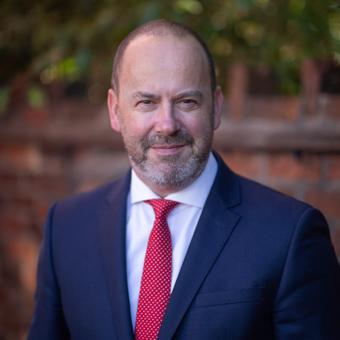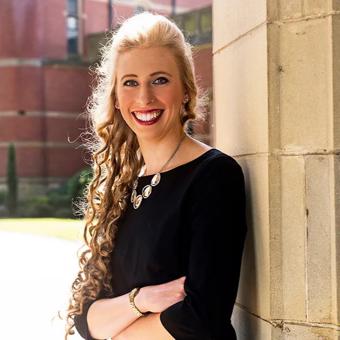Helen Trott, head of legal (Funding, UKMU Legal) Bupa...
Helen, can you give a brief summary of your background and current role at Bupa?
I qualified in 1996 having trained in-house with Northern Rock; the latter part of my training contract was fascinating as I worked exclusively on Northern Rock’s conversion from a building society to a bank and flotation on the stock exchange. I have subsequently worked predominantly in-house for large banks including RBS and Coutts as a regulatory lawyer. My current role involves financial services regulatory work although I am now focussing on the insurance sector.
There are several different divisions of Bupa so how much integration is there and how closely do you work with the other in-house lawyers across the organisation?
Bupa operates within what are referred to as ‘market units’ and as it is a global company, these are broadly split on a country basis. In the UK, the insurance (or Funding business as it is referred to internally) and the care homes business (referred to as Provisioning) are part of the UK Market Unit. The Funding team is predominantly based in Salford and the Provisioning team operates primarily out of our Leeds offices. We also have Corporate Centre lawyers based in our head office in London, together with the Bupa Global lawyers (who look after our international products).
There are strong links and connections between all of the legal teams, we have regular meetings, share training programmes, there are regular conferences at which we all get together and I have a number of projects where I am working with lawyers from across the wider group. I have found it to be a very collaborative and extremely supportive legal community.
Bupa is a mutual company so is the kind of work you do now different to the previous organisations you’ve worked in?
Bupa is a company limited by guarantee, without share capital which means that profits are available entirely for reinvestment. This means that we do not have the same stakeholders as plcs and are able to operate, to a certain extent, without the short term financial pressures that plcs experience.
As a business, Bupa has gone through a much publicised restructure and repositioning exercise so what involvement have you had in those two processes?
As I only joined in March, I have not been involved in the re-structuring which took place over the last 18 months. What I can say is that the business has been re-positioned to focus on its customers and the focus is now on growth and innovative products which will grow our customer base in key target segments.
Are there more changes in the pipeline?
We are embarking on a radical re-working of our insurance product range, there are various transformation projects in train within the business and these are generally exciting times within Bupa! As an in-house lawyer, it is an excellent time to be joining the organisation as there are so many interesting projects to focus on.
Can you tell us a bit about Bupa 20:20?
Bupa’s 2020 vision is:
• Extraordinary business performance.
• Healthcare partner to millions more people.
• People love working for Bupa.
As you can see, these aspirations have both an external and internal focus and are at the heart of the strategies and projects upon which Bupa has been embarking for the last 12 to 18 months. They are challenging goals and give us an internal focus for staff engagement and external focus on ensuring that the reach of the brand is extended.
You’re passionate about promoting diversity and a better work/life balance. What does that mean in practice and how does that affect the daily working lives of you and your legal colleagues at Bupa?
Bupa, as both a health care and health insurance provider is passionate about improving the health of its employees and members/customers. One of its key purposes is to promote longer, healthier happier lives for its staff and customers.
We regularly have initiatives in our offices focussing on health issues (last week, for example, Bupa supported Mental Health Awareness Week with various internal communications and initiatives for staff).
There are regular running clubs, we have an excellent gym in our Salford offices and excellent heavily subsidised catering facilities which have a strong focus on healthy eating.
What difference do you think empowering employees and promoting flexible working has on a business?
From my experience to date within the Bupa UK legal team, there is a very strong culture of supporting flexibility, which speaking personally as a working mum of two (aged six and eight!) is extremely important to me. For me, to be able to undertake such a challenging and enjoyable role - but flex it around the needs and demands of my family - is something which I value highly and enables me to fulfil my desire to maintain my career, whilst not compromising the needs of my children.
All of the team within which I am based either work part time and/or have at least a day a week when they do not work in the office. We are finding that this improves the way in which we all work (less time commuting means more time at home with our families/friends) and goes some way towards achieving that elusive thing; work/life balance...!
I think that in-house legal teams have lead the way in terms of introducing flexible working practices and it is something from which, in my view, everyone can benefit. Within Bupa, this approach goes hand in hand with its strong, supportive culture and allows staff to feel empowered about working flexibly, rather than threatened, as I have perhaps found with other organisations. The legal teams are very stable and people seem to enjoy working for Bupa which I think is helped by its flexible approach.









